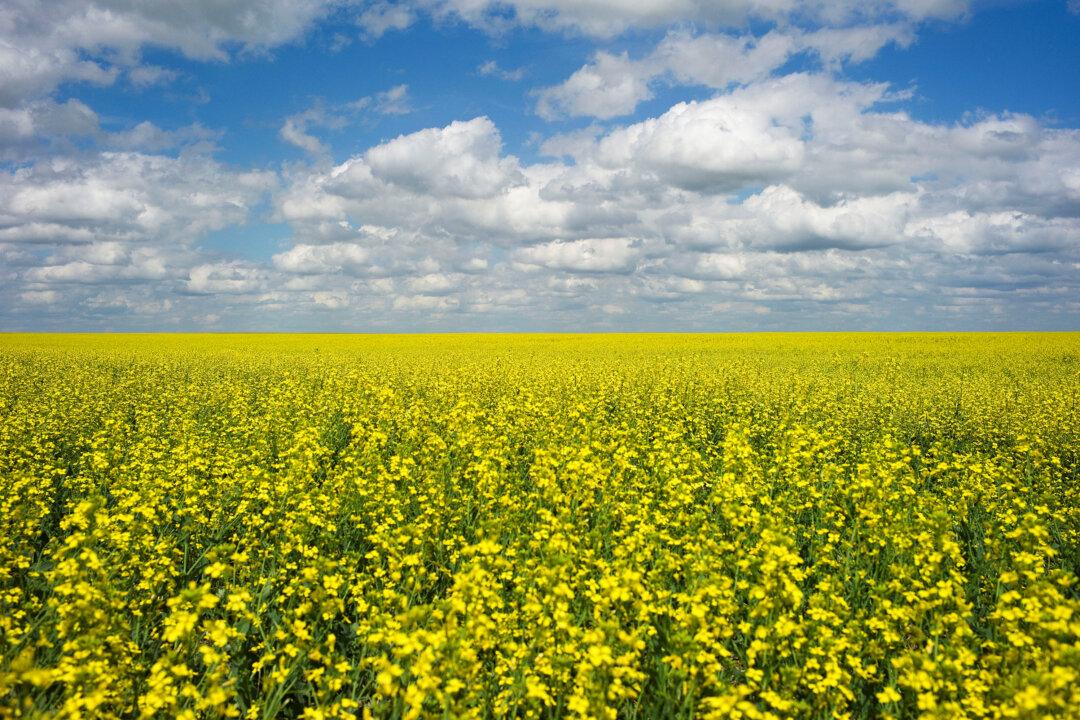BEIJING/KABUL—China has canceled major Canadian agribusiness Richardson International Ltd’s registration to ship canola to China, according to a document that was posted on the website of the Chinese customs administration on March 1.
It wasn’t immediately clear why Richardson’s exports into China, the world’s top importer of canola, had been halted. Officials at China’s General Administration of Customs didn’t respond to requests for comment.





